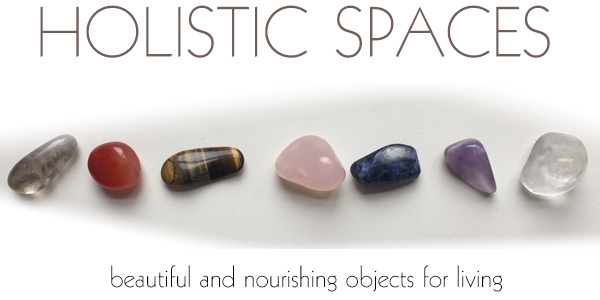As a holistic designer and architect, I'm all about finding ways to incorporate natural, less-toxic substances into my daily life in place of those harmful chemicals we normally keep beneath the kitchen sink or in the medicine cabinet. One of my most recent discoveries is coconut oil. The holistic perks of this natural oil are incredible, and of course I want to share them with you. Some of my favorite uses are below!
In the Bathroom
Coconut oil is awesome as a natural hair serum. Adding just a small bit to your hair can reduce the frizz we so often deal with as ladies. Be careful here, as you don't want to overuse any sort of oil in your hair. Just rub a dab onto your palms, then distribute evenly throughout your locks!
Try mixing coconut oil with equal parts sugar to create your own simple exfoliating scrub for those long, nourishing showers.
Coconut oil makes an easy lip balm too! Especially in colder, dryer months, our lips are susceptible to weather and have the tendency to chap and crack. Anyone who's ever experienced this knows it isn't fun! Next time your lips start acting up, try rubbing a bit of coconut oil on as a lubricating balm and soothing agent.
One of the most common beauty products containing toxic materials is deodorant. Unfortunately, this isn't a product we can really do without, unless we're all willing to deal with each others' body odor. Coconut oil can provide a natural remedy for this issue. Using the oil by itself as deodorant is very effective and eliminates the need for harsh chemicals that you may find in other store-bought products.
Around the House
Aside from its numerous uses for the body, coconut oil also makes a super stain remover and furniture polish. You can rub the oil alone on a tough-to-conquer stain for some help, or mix the oil with baking soda for a non-toxic stain removal option.
Back in the bathroom, coconut oil works wonders on soap scum, which is great, since bathroom cleaners can be some of the most toxic on the market. Instead of exposing yourself, and ultimately your family, to the toxic chemicals and VOCs in bathroom cleaning chemicals, try using natural coconut oil on a rag instead!
There are literally hundreds of uses for coconut oil outside the most common uses in cooking. With an increasing number of cautious dieters and, thankfully, individuals concerned for the environment, coconut oil is becoming more and more popular, and with good reason! Next time you're near a natural market, stop in and get some coconut oil to get started on the many things you can do!



